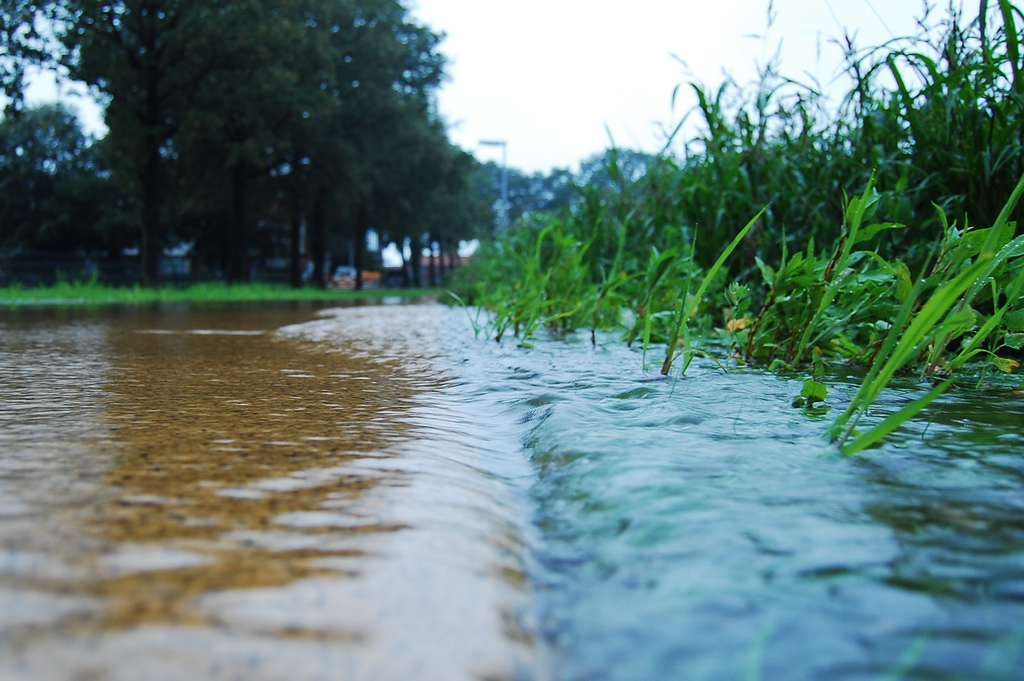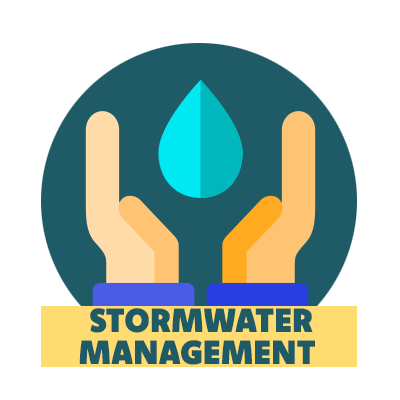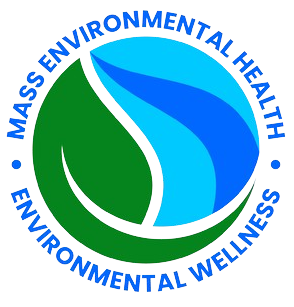- P.O Box 4, Uxbridge Mass 01569
- (508) 779-7300
- [email protected]
- Home
- / Storm Water Services
Storm Water Services
Our storm water services ensure compliance with federal and state regulations, managing runoff effectively to prevent flooding and protect water quality.

Stormwater Management
On your project site, efficient stormwater management is crucial to avoiding pollution, erosion, and flooding. When a weather event occurs, we can promptly supply the equipment needed for wastewater treatment services, guaranteeing adherence to environmental laws and safeguarding public health.
Mass Environmental has the answers you require for issues ranging from management and disposal assistance to liquid storage difficulties. If necessary, we offer premium tanks and roll-off boxes to assist you in getting stormwater ready for safe release. Adhering to the Clean Water Act and SWPPP regulations set forth by the Environmental Protection Agency (EPA) is also essential. Our filtration tools assist you in getting your treated water ready for discharge when it is time to transfer it to an offshore wastewater treatment facility.
Groundwater Management
Whether you’re handling routine groundwater or remediating contaminated water from past projects, our team supports comprehensive wastewater treatment systems to help you pump, store, treat, and transport groundwater effectively. When dealing with a tricky site with environmental challenges, we have the assets and guidance to help you prepare water for discharge while adhering to all necessary regulations. Our reliable solutions ensure that your treated wastewater is safely contained, ensuring your projects run smoothly and without delay.
SWPPP Inspections
Inspections by municipalities, businesses, and industries
Mass Environmental offers the field inspection services required to guarantee ongoing adherence to the terms of any Municipal Separate Storm Sewer System (MS4) National Pollutant Discharge Elimination System (NPDES) permit by leveraging our expertise and experience.
According to the MS4 NPDES permit, Mass Environmental is permitted to do on-site plant inspections. Additionally, we can assess each industrial facility—high, medium, and low—to see if its priority needs to be changed.
Mass Environmental reviews the following as part of the facility inspections: material and waste handling and storage practices; written documentation of pollutant control BMP implementation, including internal inspection logs and reports; stormwater pollution prevention plan (SWPPP) (if applicable) and spill response plans; maintenance procedures; and implementation of source control measures. Mass Environmental also evaluates indoor and outdoor areas related to stormwater runoff and conveyance.
Design
Every facet and phase of stormwater planning is something Mass Environmental has experience with. We start by guiding the client through an analysis of their options. Through this approach, all of the Best Management Practices (BMPs) that would satisfy their Total Maximum Discharge Limitations (TMDL) requirements are found, along with the corresponding capital and operating costs for each BMP. They might choose the most cost-effective and operationally compatible BMP from this list.
The alternatives analysis results in a 30% design of the chosen choice. Mass Environmental then processes the chosen solution through the entire design process, which includes identifying all relevant permit needs and creating a bid package. Mass Environmental can help choose the finest option for each project because it collaborates with several recommended stormwater construction businesses.

MS4/NPDES
Industrial and Commercial Inspections
Mass Environmental can offer the field inspection services required to guarantee ongoing adherence to the terms of any Municipal Separate Storm Sewer System (MS4) National Pollutant Discharge Elimination System (NPDES) permit by leveraging our expertise and experience.
According to the MS4 NPDES permit, Mass Environmental is permitted to do on-site plant inspections. Additionally, we can assess each industrial facility—high, medium, and low—to see if its priority needs to be changed.
Mass Environmental reviews the following as part of the facility inspections: material and waste handling and storage practices; written documentation of pollutant control BMP implementation, including internal inspection logs and reports; stormwater pollution prevention plan (SWPPP) (if applicable) and spill response plans; maintenance procedures; and implementation of source control measures. Mass Environmental also evaluates indoor and outdoor areas related to stormwater runoff and conveyance.
CGP and Erosion Control Inspections
Stormwater Discharges from Construction Activities
On a building site, loose dirt and other items and materials stored outside get washed over by runoff when it rains. Stormwater can carry pollutants like chemicals, silt, and debris from that loose soil to neighboring storm sewer systems or straight into rivers, lakes, or coastal waterways as it passes over the site. In order for development to occur in a way that safeguards the clean water in your community and the environment, EPA works with operators of construction sites to ensure that they have the appropriate stormwater controls in place.
A Clean Water Act permit is required for stormwater discharges from any construction project that disturbs one acre or more of land or less than one acre of land but is a component of a larger development or sale plan than one or more acres of property.
Construction operations involve earth-disturbing activities such as clearing, grading, and digging land, as well as other activities that could result in pollution.
On-Site Stormwater Consultation
We’ll visit your job site to make sure we recommend the best program to solve your challenges and build efficiencies. When you’re dealing with stormwater or groundwater on a job site, you need a wastewater management plan and the tools and support to help you get the job done right the first time. We ensure that you receive industry-leading service in the wastewater treatment process.
FAQ’s
Pre-Construction
This phase includes reviewing the stormwater controls in final engineering plans, meeting in the field, creating Stormwater Pollution Prevention Plans (SWWPP), and filing a Notice of Intent (NOI)
Construction
Working with trusted construction operators/managers to provide dynamic stormwater controls, inspections, and compliance during the full course of construction activities.
Post-Construction
The last step in any build. This phase includes final site stabilization, inspections, and filing the Notice of Termination (NOT).
We can do as much or as little as you may need in order to yield a successful project. This could be anything from helping in the early stages of project planning to managing the entire permitting process, even all the way through construction, if desired. Our extensive experience in environmentally sensitive development sites will help make any project run more smoothly. We will take the time to explain the processes involved and the applicable state, local, and federal regulations to you. We can help you avoid common mistakes in the regulatory process, thereby saving you both time and money. Our client base includes property owners, land developers, contractors, land surveyors, civil engineers, real estate attorneys, architects, investors, utility companies, and municipalities.
Yes, we have over 25 years of experience working with clients and MDEP to resolve enforcement orders and negotiate consent orders that limit the penalties or, in most cases, eliminate penalties for first-time violations.
Yes, we can provide expert consulting services and/or planning for your next NESP project from start to finish.
Our Services
Compliance Made Simple with Professional Inspections
Effortless compliance through expert inspections, ensuring safety and regulatory adherence
